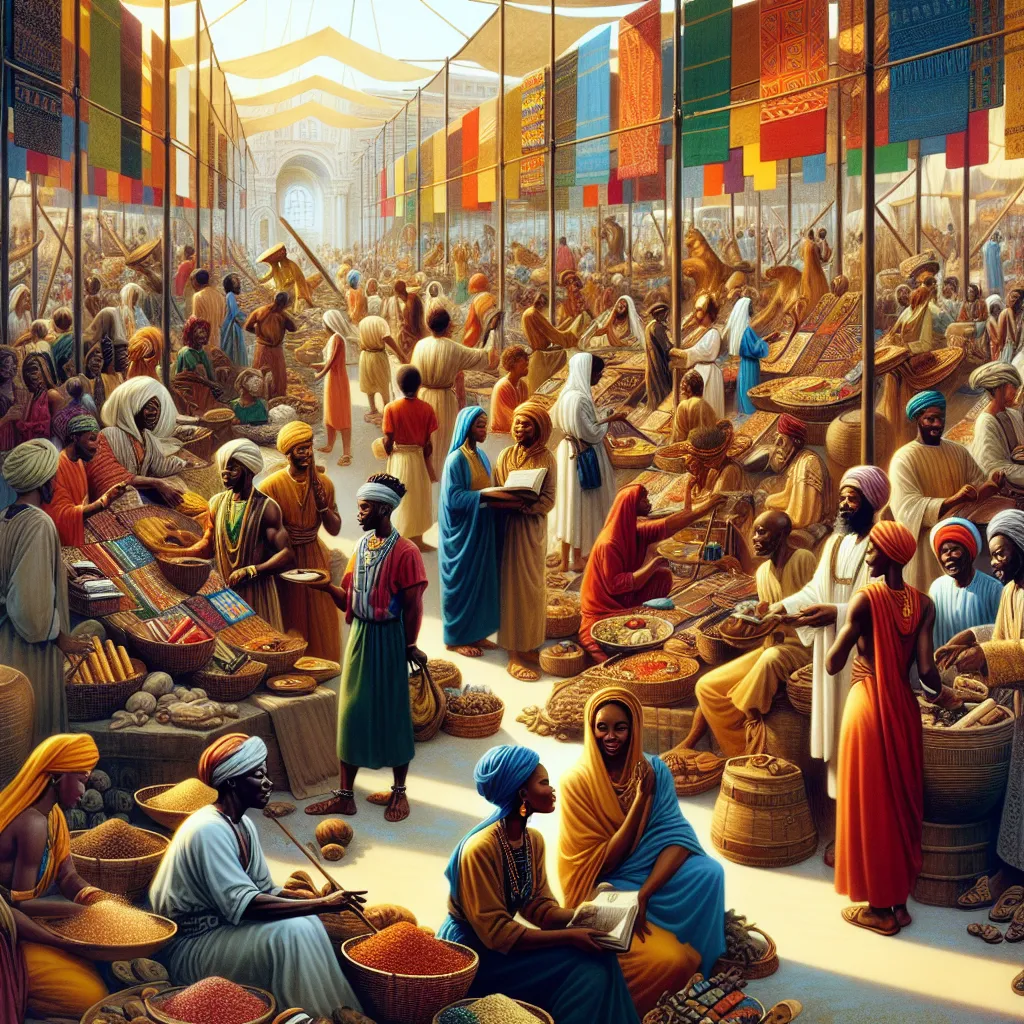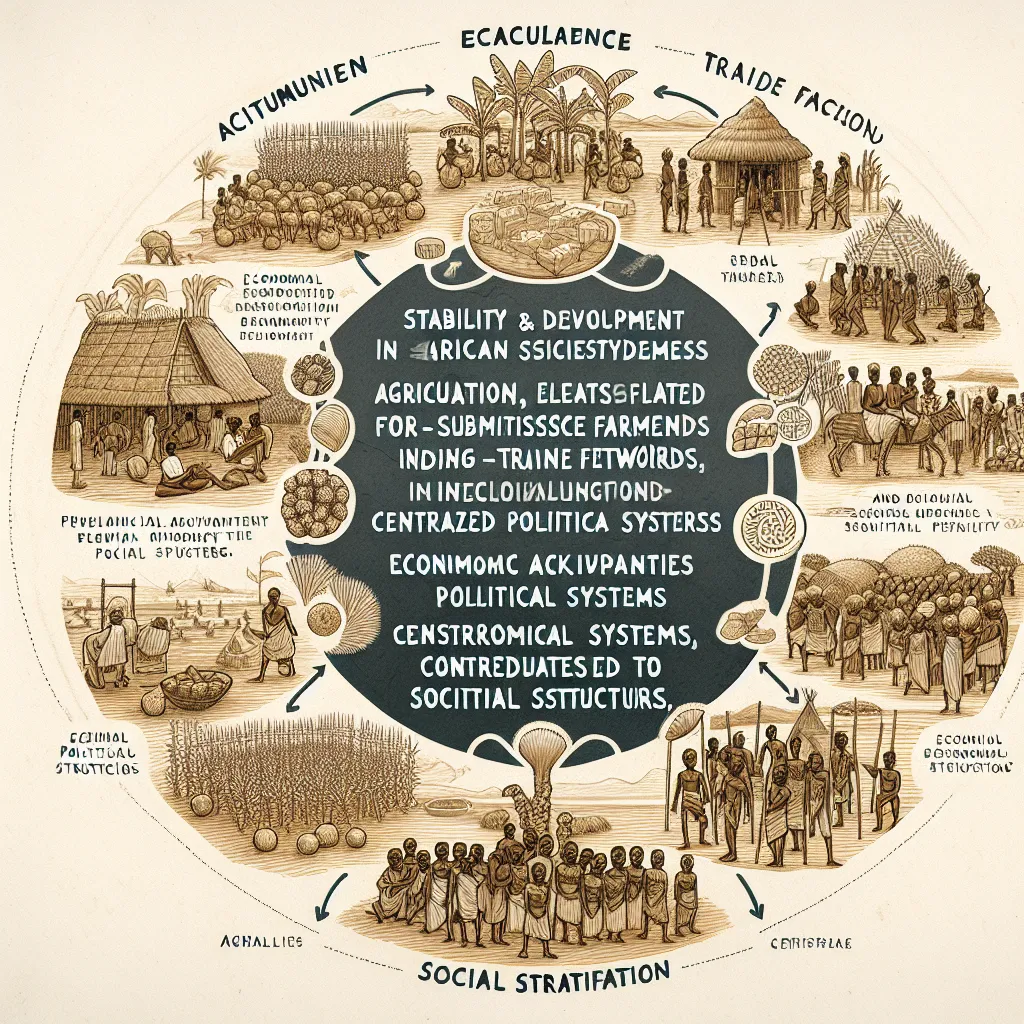Ask AI on The Internet
Question: " cultural heritage has increasingly been recognised as an engine for economic growth and social incusion" with the use of examples across Africa , demonstrate how cultural heritage helps as an engine for economic growth and social engine.
Cultural heritage across Africa indeed plays an instrumental role in promoting economic growth and fostering social inclusion. The examples below illustrate this concept: 1. Tourism: One of the most prominent ways that cultural heritage drives economic growth is through tourism, as seen in Egypt, for example. Attractions like the Pyramids of Giza, the Sphinx, and the Egyptian Museum attract millions of tourists annually. This influx of tourists contributes to economic growth through job creation, foreign exchange earnings, and stimulating related sectors like hospitality, transport, and crafts. 2. Handicraft industries: In Morocco, traditional craftsmanship, such as the making of pottery, carpets, jewelry, and leather goods, plays a major role in the country's economy. The artisans' unique skills, passed down through generations, create products that are not only sold domestically but are also in high demand internationally. 3. Film and Music industries: Nigeria’s Nollywood and South Africa's film industry use cultural narratives and traditions that resonate not only with local audiences but worldwide. The same is true for the vibrant music scenes in countries like Mali and DR Congo, made famous by artists like Salif Keita and Koffi Olomide. 4. Cultural festivals: Festivals like Ghana’s Panafest and Ethiopia’s Meskel festival attract international tourists, generating income and promoting social inclusion through shared experiences. 5. Gastronomy: The unique cuisines of various African regions can also drive economic growth. For example, Ethiopian cuisine has gained global popularity due to its distinct flavors and communal eating practices. This has led to a booming restaurant industry both locally and internationally. 6. Natural heritage: Areas of natural heritage, such as Tanzania's Serengeti National Park and South Africa's Table Mountain, foster economic growth by attracting ecotourism. 7. Promotion of Social Inclusion: The cultural heritage of countries like South Africa has been utilized to foster reconciliation and unity post-apartheid. This involved the recognition and celebration of the diverse cultural heritages within the country, helping to reduce social inequalities. Conclusively, cultural heritage in Africa serves as an engine for both economic growth and social inclusion by presenting diverse opportunities for sustainable development. This is achieved through job creation, income generation, community cohesion, national unity, and affirming the continent's unique place in the global cultural landscape.
A new large language model has been made available since this question was asked.
To generate an updated answer from the new model, click the button below.
Think your answer is better than the AI's? Post it below.
Other Most Relevant Posts:
Question Tags
If you want your question answered by an AI, click here.







Post your own comment: